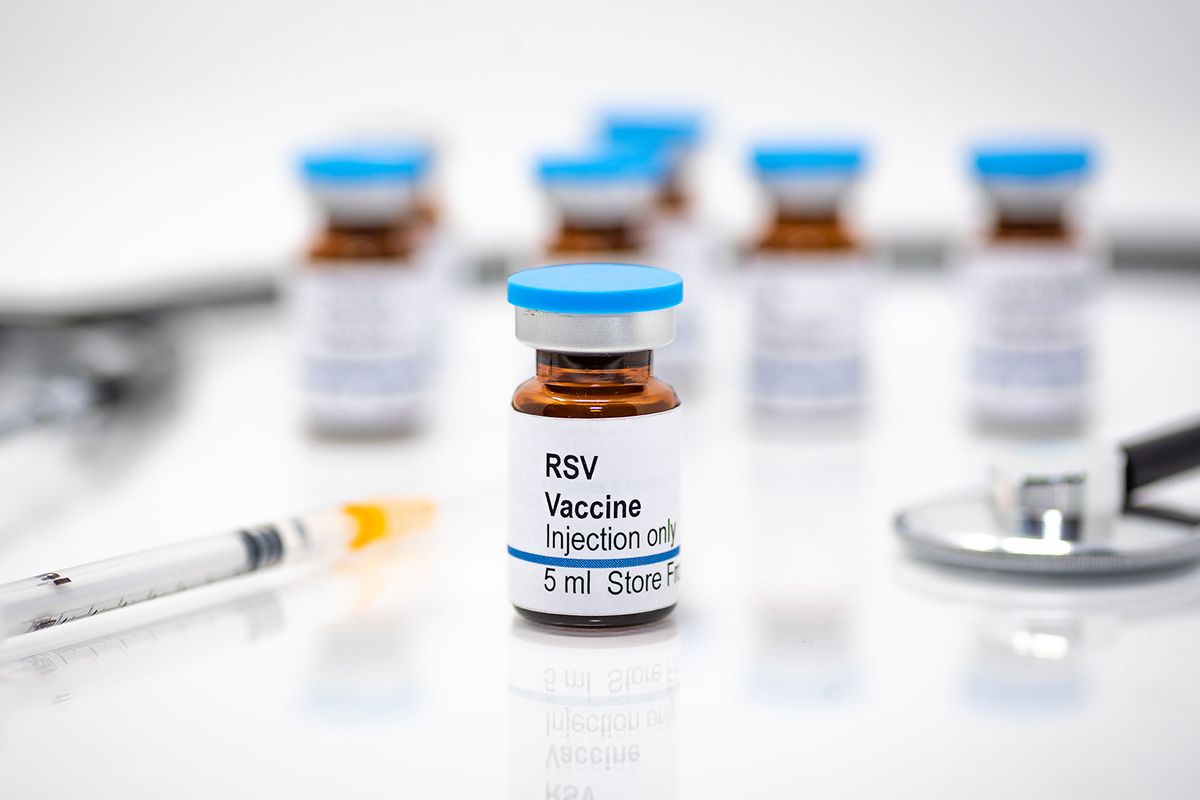On Monday, the Food and Drug Administration on Monday approved a monoclonal antibody treatment that will protect infants and toddlers against respiratory syncytial virus (RSV). Called Nirsevimab, the shot will be sold under the brand name Beyfortus. It is a ready-made antibody that can block the RSV virus from infecting cells. Technically, it's not a vaccine, but a single shot that will be given to infants and neonates born during or entering their first RSV season. The FDA's approval allows for especially vulnerable infants up to 24 months to receive the treatment as well prior to the expected season.
"RSV can cause serious disease in infants and some children and results in a large number of emergency department and physician office visits each year," said John Farley, M.D., M.P.H., director of the Office of Infectious Diseases in the FDA's Center for Drug Evaluation and Research, in a statement. "Today's approval addresses the great need for products to help reduce the impact of RSV disease on children, families and the health care system."
Infants face an increased risk when it comes to RSV. According to the Centers for Disease Control and Prevention (CDC), each year nearly 80,000 kids under 5 are hospitalized with RSV, and an estimated 300 die. In May, the FDA approved Pfizer's vaccine against RSV for adults ages 60 and older, after progressing in the approval process for a late-stage pregnancy vaccine that would protect newborns and infants. Together, the U.S. should be better prepared to face this year's RSV season.



Shares